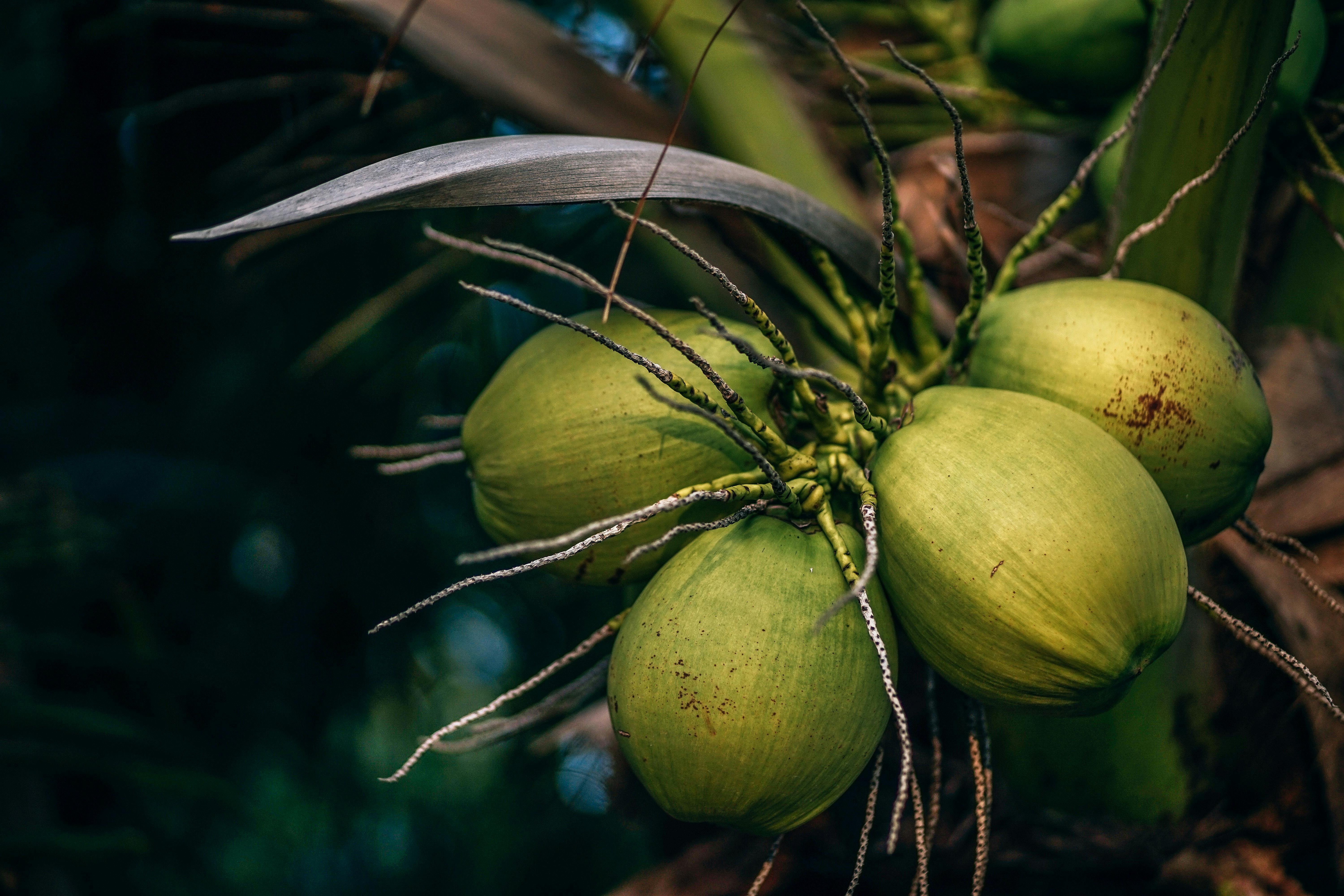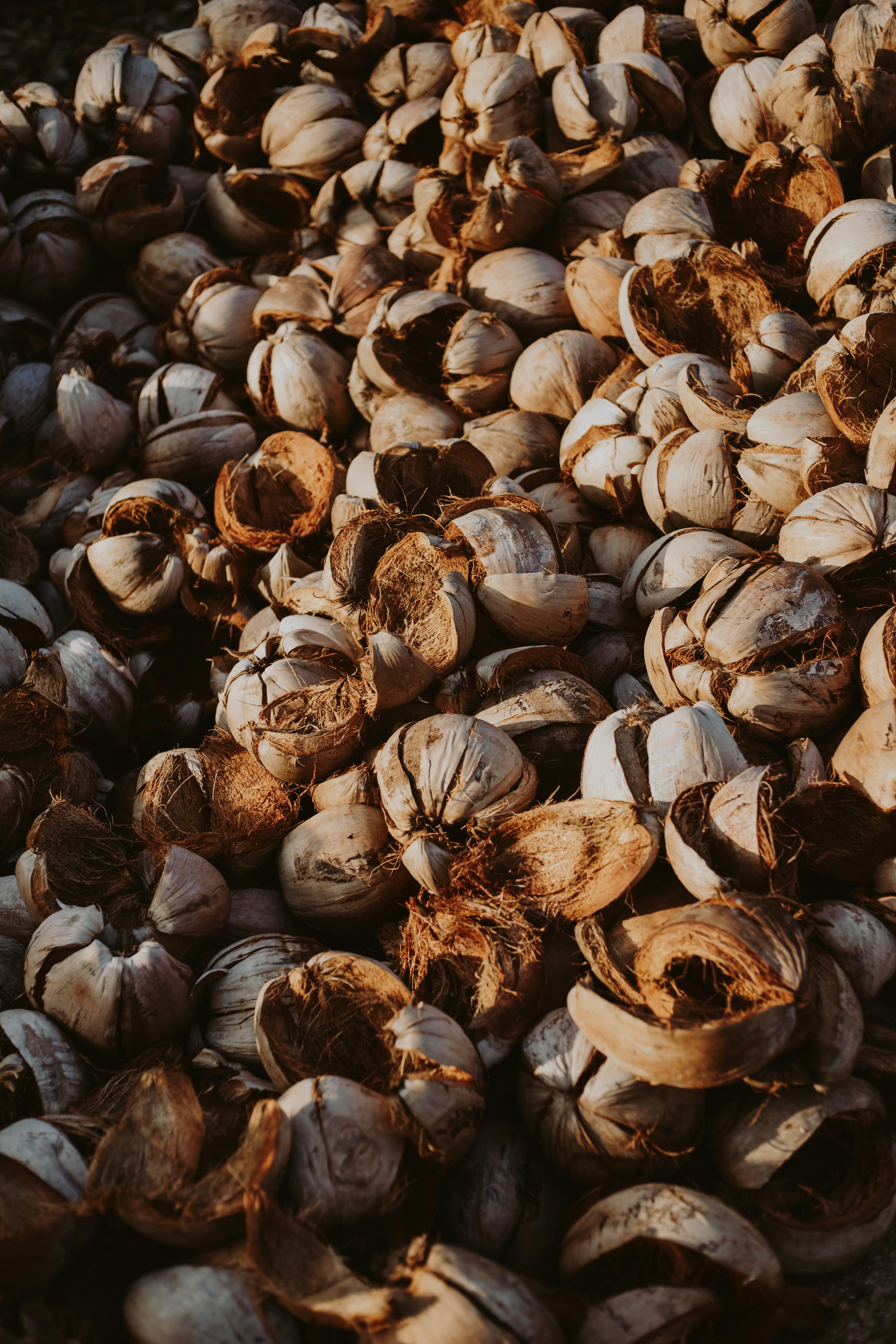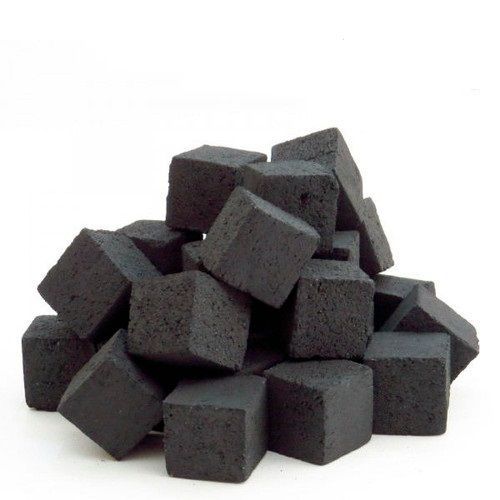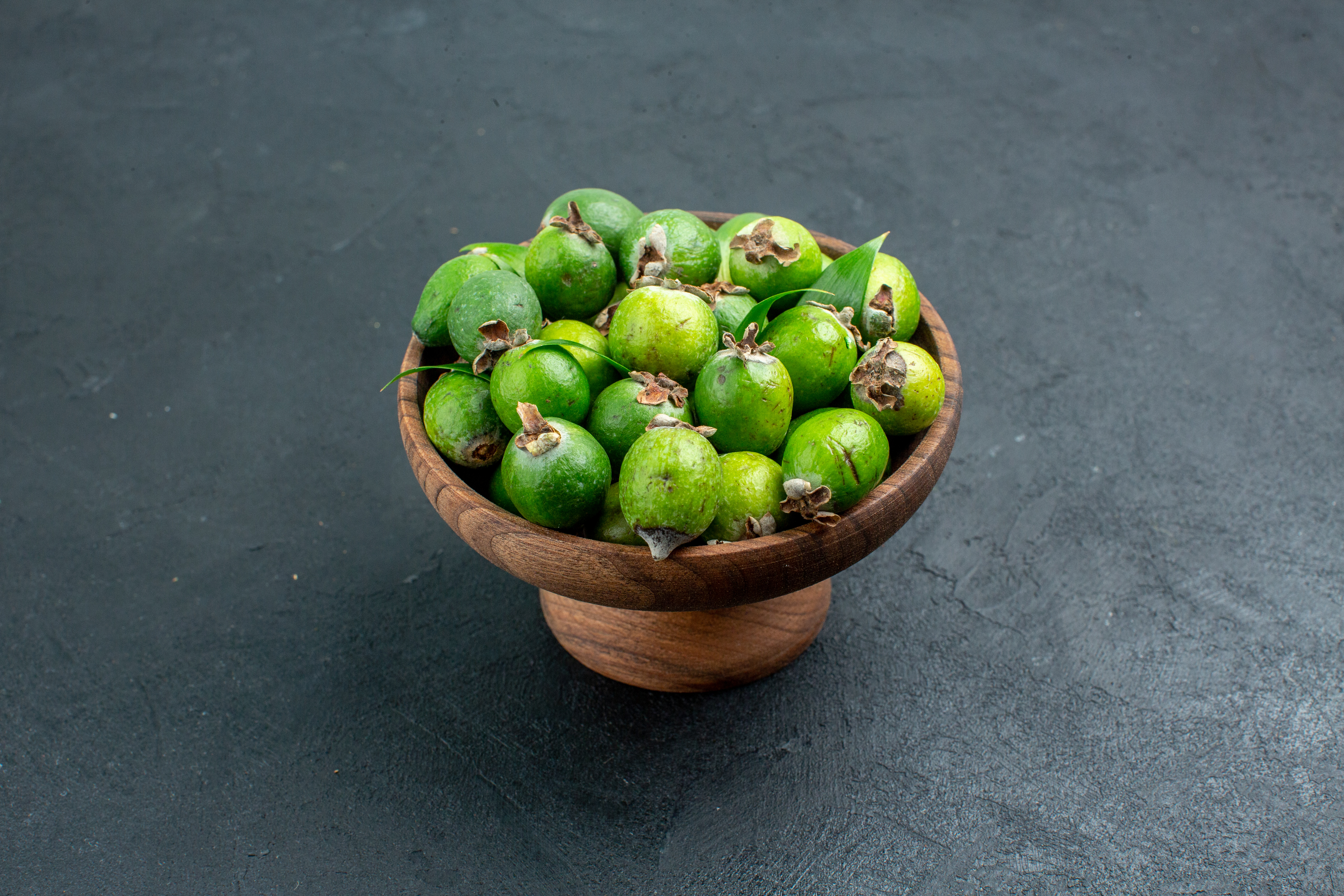







Coconut fresh refers to the young, unripe fruit of the coconut palm (Cocos nucifera), commonly known as green coconuts. These coconuts are characterized by their soft, fibrous outer husk and contain a significant amount of clear liquid known as coconut water, which is refreshing and hydrating.

Husked coconut refers to a mature coconut that has had its outer husk completely removed, leaving only the hard shell, which contains the coconut water and meat. This process is often done to facilitate easier handling and consumption, as the husk can be tough and messy.

Copra is the dried meat or flesh of the coconut (Cocos nucifera), primarily valued for the extraction of coconut oil. The process of producing copra involves removing the husk and shell of mature coconuts, then drying the exposed meat, which can be done through sun drying, kiln drying, or smoke drying.

Coconut charcoal, specifically derived from the shells of mature coconuts, is produced through a process called pyrolysis, where the shells are burned in a limited oxygen environment. This results in a porous material with a high surface area, making it effective for various applications, particularly as activated carbon.

Betelnut, also known as areca nut, is the seed of the areca palm (Areca catechu), commonly found in tropical regions. It is not a true nut but rather a seed from a fruit categorized as a berry. Betelnut is traditionally chewed in many cultures, often wrapped in betel leaves along with slaked lime and other flavorings, serving as a stimulant.

Nutmeg, scientifically known as Myristica fragrans, is a spice derived from the seed of the nutmeg tree, which is native to the Moluccas, or Spice Islands, of Indonesia. The spice has a warm, slightly sweet flavor and a distinctive pungent aroma, making it popular in both sweet and savory dishes, including baked goods, sauces, and beverages like eggnog.